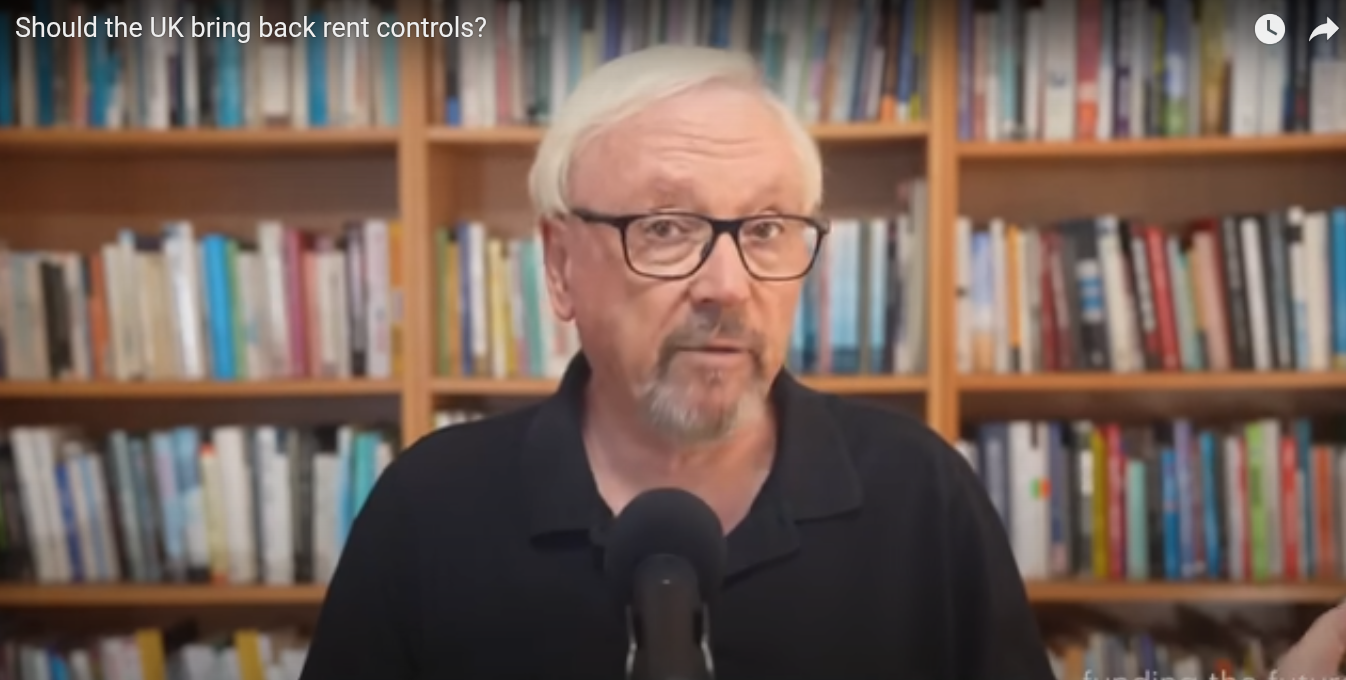The Case for Rent Reform: Cheltenham's Housing Crisis Demands Action

Murphy's analysis traces rent poverty directly to the dismantling of 1970s tenant protections, showing how deregulation transformed homes from stable shelters into speculative investments.
Watch the video on youtube here.
The Historical Context
The Rent Act 1977 once provided crucial balance between tenants and landlords through security of tenure and fair rent assessments that excluded scarcity-driven profits. However, Thatcher's 1980s reforms fundamentally shifted this equilibrium, normalising short-term tenancies and turning housing into a wealth extraction mechanism. The consequences are stark: rents now consume 36% of average English incomes, rising above 40% in high-cost areas like Cheltenham.
Cheltenham's Local Crisis
Our town perfectly exemplifies Murphy's warnings. With approximately 40,000 private renters among 110,000 residents, housing pressure has reached breaking point. CTU's 2025 surveys reveal that private rents devour 40% or more of household incomes, forcing impossible choices between housing and essentials like food and fuel.
The competition is fierce: renters must compete against 700+ whole-property, short-term holiday lets, 353 houses in multiple occupation (HMOs), and 5,800 students for limited housing stock. Average monthly rents have climbed to £1,310—an 8.6% year-on-year increase that far outstrips wage growth. This unsustainable trajectory has pushed some residents into "vanlife," living in vehicles because conventional housing has become unaffordable.
The root cause mirrors Murphy's analysis: deregulation has normalised insecurity. Six-to-twelve-month tenancies allow landlords to raise rents without justification, capitalising on artificial scarcity while tenants lack meaningful protection or recourse.
The Wealth Transfer Problem
Murphy's broader economic argument resonates locally. Rent payments represent a massive wealth transfer from working people to a concentrated landlord class, draining money from productive investments like pensions and local businesses. In Cheltenham, this manifests through speculative practices prioritising profit over community needs.
Our research identifies 751 Airbnb properties that evade proper taxation while removing family homes from the rental market. These short-term lets disadvantage long-term tenants who pay council tax, creating a two-tier system that undermines housing stability. As Murphy warned, homes have become "investment vehicles" rather than foundations for stable community life, disrupting children's education, social connections, and long-term planning.
Council Powers Remain Untapped
Despite lacking national rent controls, Cheltenham Borough Council possesses significant intervention tools that remain largely unused. Our May 2025 report identified several possibilities:
Ethical Letting Agency: The council could establish an agency through Cheltenham Borough Homes, setting affordable rents based on tenant incomes (ideally no more than 25% of earnings) while prioritising wellbeing over excessive profits.
Short-term Let Regulation: Licensing powers could control the proliferation of holiday lets that displace permanent residents.
Redefining Affordability: Housing policy could reflect actual wages rather than inflated market rates.
Protection from Economic Eviction: Powers exist to prevent evictions where rents exceed 25% of income and ban no-fault removals of good tenants.
Yet council housing strategy continues focusing on balancing budgets at tenants' expense. As of January 2025, 2,623 households remain on the housing register, with 28% classified as high need, while the private rental market's fundamental problems go unaddressed.
Building Collective Power
CTU's recent initiatives demonstrate the potential for change through organised tenant action. Our "Building Our Power" campaign recognises that individual tenants can be ignored, but collective voices cannot. Through systematic surveys documenting rent affordability crises, we're building evidence for advocacy demanding lower—not just capped—rents.
Our "Rent Crisis in Britain" research connects local struggles to national patterns, while ongoing scrutiny of council decisions pushes for accountability when developers' interests override residents' needs. These efforts align with Murphy's vision of proactive reforms to address wealth inequality before social tensions escalate further.
The Path Forward
The Renters' Rights Bill offers some protections but falls short without local council initiative. Inaction risks the "growing anger" Murphy predicted, potentially destabilising our community fabric.
Sustainable change requires collective action. CTU offers three concrete ways to contribute:
- Stay Informed: Subscribe to our newsletter for updates, insights, and action alerts
- Financial Support: Donate at Buy Me a Coffee to fund surveys, campaigns, and lobbying.
- Grow Membership: Every new member strengthens our lobbying influence with the council and amplifies calls for national rent act reform
With 40,000 renters united, we can reverse destructive rent rises, secure stable tenures, and reclaim housing as a human right rather than an investment commodity. Murphy's analysis provides the road map; local organising supplies the power to implement change.
The housing crisis demands immediate action. Join us today—your voice and participation matter in building a sustainable, equitable Cheltenham where homes serve people, not profit.
